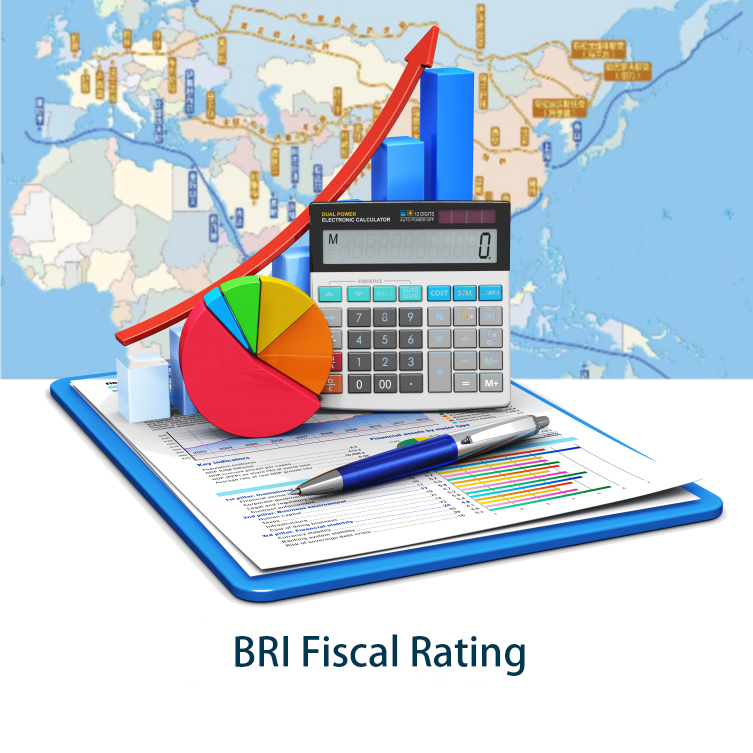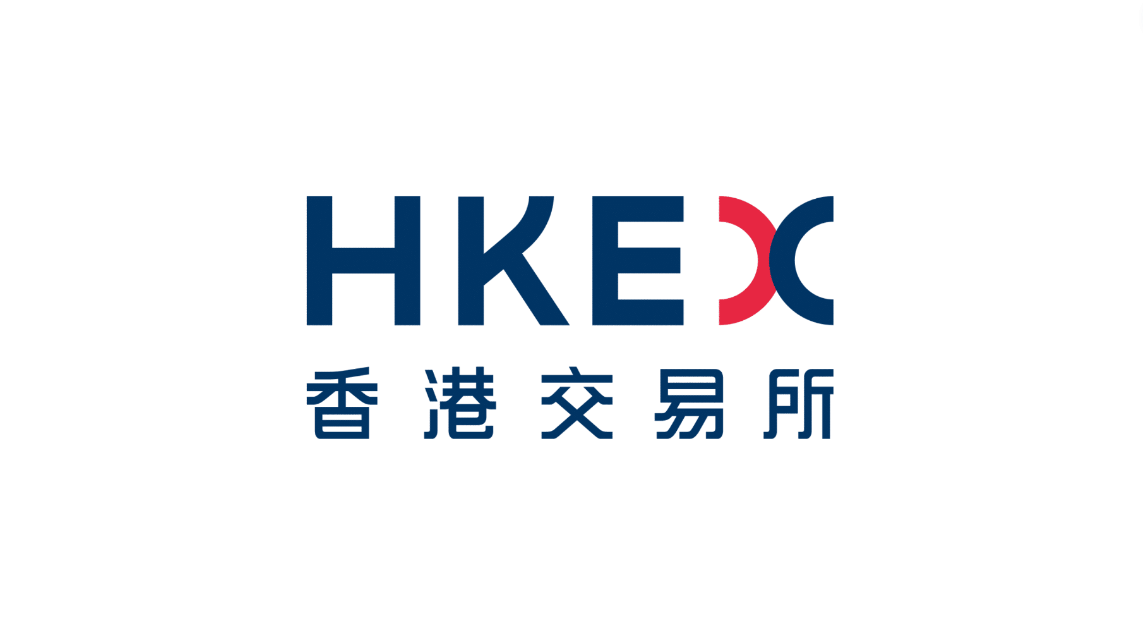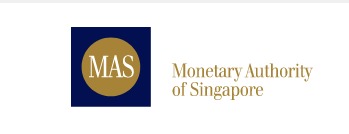EU Finalizes ESG Reporting Rules with International Impacts
SUMMARY
The European Union has finalized the Corporate Sustainability Reporting Directive (“CSRD”) that will introduce more detailed sustainability reporting requirements for EU companies, non-EU companies meeting certain thresholds for net turnover in the EU and companies with securities listed on a regulated EU market. The CSRD entered into force on January 5, 2023 and is substantially consistent with the provisional version published in June 2022.
The rules will be phased in starting from January 1, 2024 for certain large EU and EU-listed companies, and will apply to all in-scope companies by January 1, 2028.
As CSRD reporting is phased in, EU subsidiaries of non-EU parents may be required to begin reporting under the CSRD before their non-EU parent comes in scope, and the CSRD includes transitional provisions on how EU subsidiaries of non-EU groups should prepare reporting before the non-EU parent provides its own CSRD reporting.
In-scope companies will be required to disclose information both about how sustainability-related factors, such as climate change, affect their operations and information about how their business model impacts sustainability factors. The scope of required reporting covers environmental, social and human rights and governance factors. Environmental factors include not only climate (including Scopes 1, 2 and 3 greenhouse gas emissions) but also water/marine resources, circular economy, pollution and biodiversity. The precise disclosure requirements are being developed for the European Commission by the European Financial Reporting Advisory Group (“EFRAG”), a non-profit advisory group, which released an initial draft of the first set of standards in late November 2022 for consideration by the Commission.
BACKGROUND
The CSRD ((EU) 2022/2464) is a key pillar in the EU’s ambitious focus on corporate sustainability and sits alongside other major European legislative and regulatory initiatives aimed at boosting the green economy. Taken together, the package of legislation and regulation imposes substantial new disclosure and compliance requirements on companies operating in the EU, as well as many companies that have EU investors or are part of an EU entity’s supply chain.
In addition to the CSRD, the EU has recently adopted the EU Taxonomy Regulation ((EU) 2020/852) (the “EU Taxonomy”) and the EU Sustainable Finance Disclosure Regulation ((EU) 2019/2088). Other related legislative and regulatory initiatives remain under negotiation, including the Directive on Corporate Sustainability Due Diligence and the EU Green Bond Standard, on which further progress is expected in 2023.
SCOPE OF CSRD OBLIGATIONS AND IMPLICATIONS FOR NON-EU COMPANIES
Under the CSRD, entities will be required to provide new sustainability disclosures if they:
(1) are “large” EU entities or groups;[1]
(2) have securities (including debt securities with denominations lower than €100,000 or equivalent or depositary receipts) listed on an EU regulated market (except micro-enterprises); or
(3) are non-EU entities with significant EU revenues and an EU branch or subsidiary.
Non-EU entities will fall into category (3) above if they (i) have annual net turnover in the EU exceeding €150 million for each of the last two consecutive financial years and (ii) have at least one large subsidiary, one subsidiary listed on an EU regulated market, or one branch in the EU that generated over €40 million in annual net turnover the preceding financial year. Disclosures by non-EU entities in this category will be required to cover their consolidated global group, not only their EU subsidiary or branch, but the reporting requirements are expected to be less onerous than those that will apply to EU groups.
Large EU and EU-listed entities (other than large listed entities) will be exempted from reporting if their parent prepares a consolidated group report that is either:
(1) prepared in accordance with the CSRD; or
(2) (i) prepared in accordance with reporting standards that the European Commission has deemed equivalent to the CSRD sustainability reporting standards and also (ii) includes certain key performance indicators that disclose to what extent the EU subsidiaries’ activities are associated with economic activities that qualify as environmentally sustainable under the EU Taxonomy.
However, it remains uncertain whether and when the Commission would deem any non-EU standards fully equivalent as the CSRD’s expansive disclosure requirements exceed any of the sustainability-related disclosure requirements proposed by regulators in any other major economy thus far.
The CSRD provides for certain transitional measures while the EU determines equivalence and phases in the requirement that non-EU groups with significant EU revenues provide consolidated reporting at the group level. In particular, until 2030, if a non-EU group has EU subsidiaries that are large EU or EU-listed companies and thus independently in scope for CSRD, the non-EU group may provide a consolidated report that covers only its EU subsidiaries, rather than the consolidated global group.
SUBSTANTIVE REPORTING OBLIGATIONS
Scope of Reporting
In-scope companies will be required to disclose how sustainability considerations are integrated into their businesses and how material ESG impacts, risks and opportunities are identified and managed on the basis of disclosure standards developed by EFRAG. Disclosures will be required to follow what the EU calls a “double-materiality” perspective. Under this approach, companies will be required to report both (i) the impacts of their activities on people and the environment, and (ii) how various sustainability matters affect the company. The disclosures will be required to take into account short-, medium- and long-term time horizons and contain information about a company’s value chain, including its own operations, its products and services, its business relationships and its supply chain, where applicable.
Under the CSRD, these disclosures will be required to cover a range of ESG-related topics, including:
- Environmental disclosures covering each of the EU Taxonomy environmental objectives, which are climate change mitigation (including Scope 1, Scope 2 and Scope 3 greenhouse gas emissions), climate change adaptation, water and marine resources, resource use and circular economy, pollution, and biodiversity and ecosystems.
- Social and human rights disclosures covering information on gender equality, working conditions and respect for human rights as defined by core United Nations and EU human rights conventions.
- Governance disclosures covering information on how the company’s administrative, management and supervisory bodies manage sustainability matters, risk management and internal controls over the sustainability reporting process, business ethics and lobbying activities.
As part of these disclosures, companies will be required to disclose their plans to ensure that their business models and strategies are compatible with the goal of limiting global warming to 1.5 °C in line with the Paris Agreement and the EU’s own European Climate Law, which aims to achieve climate neutrality by 2050. Companies will also be required to disclose the due diligence processes they have implemented with regard to sustainability matters, including any actions they have taken to prevent or mitigate any actual or potential adverse impacts related to their own operations or value chain.
The CSRD includes certain transitional measures to enable companies to begin preparing disclosures, including a provision providing that, for the first three years of the CSRD’s implementation, companies may omit disclosure relating to their value chains if it is unavailable, provided that they disclose efforts made to obtain such information.
Disclosure Requirements for Non-EU Entities
A modified set of disclosure standards will apply to non-EU groups that are in scope of the CSRD because they surpass the net turnover threshold and have an EU branch or subsidiary. These standards are expected to be adopted by June 2024. These standards are expected to primarily focus on disclosures relating to companies’ impacts on people and the environment, rather than sustainability risks and opportunities facing the companies. Drafts of these standards have not yet been unveiled.
However, non-EU companies that are in-scope because their securities are listed on an EU-regulated market will be subject to the same set of standards as in-scope EU companies.
Assurance Obligations
Companies will be required to obtain third-party assurance over their CSRD disclosures. The CSRD includes a progressive approach as to the level of assurance required. Initially, companies will be required to obtain only “limited” assurance, which the CSRD proposal notes would typically be provided as a form of negative confirmation that no matter has been identified that suggests the information is materially misstated.
By 2028, however, the European Commission plans to adopt standards for reasonable assurance analogous to the standard currently required for financial statements, following an assessment to determine if reasonable assurance is feasible for auditors and for companies subject to the CSRD. Companies will subsequently, as of a date to be determined, be required to obtain an assurance opinion to that higher standard.
Responsibility, Format and Enforcement
EU or EU-listed companies must report information under the CSRD in a dedicated section of their annual management reports. For other covered non-EU companies, their EU subsidiary or branch will be required to prepare a sustainability report in accordance with the dedicated non-EU standards under development by EFRAG, and that sustainability report must be made available on the commercial register or on the website of the subsidiary or branch.
The CSRD notes further that members of a company’s administrative, management and supervisory bodies have a “collective responsibility” for ensuring that sustainability information is prepared and published in accordance with the CSRD requirements. EU Member States may provide for penalties applicable for infringements of the implementing national provisions of the CSRD, but the CSRD does not require Member States to impose civil liability for breaches.
Each Member State will be required to implement the CSRD domestically by July 2024 for it to apply directly to in-scope companies. It remains unclear whether discrepancies may arise between different Member States’ implementation and, if so, how any such differences may affect in-scope companies with activities in multiple Member States.
THE EUROPEAN SUSTAINABILITY REPORTING STANDARDS
The CSRD itself provides only a broad outline of the required reporting. Detailed disclosure requirements are being developed by the technical advisory group EFRAG and will be adopted by the European Commission via delegated acts. In late November 2022, EFRAG submitted the first set of draft standards, known as European Sustainability Reporting Standards (“ESRS”), to the Commission for review. The Commission is expected to adopt them in June 2023 following consultation with other EU bodies and Member States.
First Set of Draft ESRS
The draft ESRS released include two “cross-cutting” general standards for how companies should prepare their disclosures, including explanations of how to define materiality, requirements for how sustainability information should be included in a company’s management report, and guidelines for how companies will be required to include information on other entities in their upstream and downstream value chains.
The released ESRS drafts also include ten topical standards, covering detailed disclosure requirements for the following factors:
- Environmental: Climate change; pollution; water and marine resources; biodiversity and ecosystems; and resource use and circular economy
- Social: Own workforce; workers in the value chain; affected communities; and consumers and endusers
- Governance: Business conduct
Proposed Climate Change ESRS
The proposed climate change standard will require a range of disclosures, including:
- a company’s gross Scope 1, 2 and 3 greenhouse gas emissions;
- information on climate-related targets that a company has adopted to support its climate change mitigation and adaptation policies and address its material climate-related impacts, risks and opportunities;
- information on a company’s energy consumption and mix, including information on energy from renewable and non-renewable sources;
- information on the resilience of a company’s strategy and business model(s) in relation to climate change, including the use of climate scenario analysis;
- data on the potential financial effects from material physical and transition risks and potential climate-related opportunities, including the monetary amount and percentage of assets and net revenue from business activities subject to material physical and transition risk along with reconciliations to relevant line items or financial statement notes of the assets and net revenue subject to such material risks; and
- the company’s transition plan for climate change mitigation, if the company has one, including an explanation of how the company’s targets are compatible with limiting global warming to 1.5°C in line with the Paris Agreement.
Companies will be required to disclose the data points required under the climate change standard even if not material, whereas certain other ESRS disclosures will be required only subject to materiality considerations.
Second Set of Draft ESRS EFRAG
is next slated to release in the coming months ten sector-specific standards that will require additional disclosures from companies in sectors that are high-impact and/or energy intensive. The ten sectors that will be covered by this second set of standards are: agriculture, coal mining, mining, oil and gas (upstream), oil and gas (midstream and downstream), energy production, road transport, motor vehicle production, food/beverages and textiles.
EFRAG is also preparing separate ESRS that will be applicable to listed small and medium enterprises and non-EU entities.
TIMING
The CSRD provides for a phased-in entry into force as follows:
- “NFRD companies” and certain large non-EU companies listed in the EU: For companies already subject to the EU’s Non-Financial Reporting Directive (“NFRD”), the CSRD will apply starting for fiscal years beginning January 1, 2024, with the first reports to be published in 2025. This first group includes large EU-listed companies, banking institutions and insurance companies with more than 500 employees.
- Other large companies: For large EU companies not yet subject to the NFRD and other large non-EU companies listed in the EU, the CSRD will apply starting for fiscal years beginning January 1, 2025, with the first reports to be published in 2026.
- Listed SMEs: For listed SMEs (including non-EU SMEs listed in the EU and certain other EU entities), the CSRD will apply starting for fiscal years beginning January 1, 2026, with the first reports to be published in 2027. In-scope SMEs will have the possibility to opt out until 2028.
- Non-EU Companies: For other non-EU companies that fall within the scope of the CSRD, the CSRD will apply starting for fiscal years beginning January 1, 2028, with the first reports to be published in 2029.
COMPARISON TO U.S. PROPOSED RULES, UK REQUIREMENTS, TCFD AND ISSB
United States and United Kingdom regulators, among others, have also been working to increase required sustainability-related corporate disclosures. Thus far, their proposals diverge substantially from the CSRD. Companies subject to multiple jurisdictions’ reporting regimes are likely to be required to prepare sustainability disclosures that are compliant with multiple different standards.
United States: The U.S. Securities and Exchange Commission in March 2022 proposed expansive climate related disclosure rules. The timing and content of final SEC rules remain uncertain following a delay in the rulemaking process, but the rules as proposed would be substantially different from the CSRD. Among other differences, the SEC’s proposed rules would require disclosure only of climate-related information, rather than the CSRD’s broader focus on other ESG factors. The SEC’s proposed attestation requirement is also more limited in scope than the CSRD’s.
United Kingdom: The UK’s enacted climate disclosure requirements apply to certain large private UK incorporated companies and all companies with UK-listed equity, but unlike the CSRD do not extend to non-UK companies without a UK listing. The UK climate rules also do not currently require Scope 3 greenhouse gas emissions disclosure. The UK Government is developing its own broader corporate sustainability reporting standards and green taxonomy, and the UK Treasury has established working groups to develop policy recommendations and legislative proposals in this area. The UK Government has confirmed that the reporting standards being developed by the International Sustainability Standards Board (“ISSB”) (see below) will form a core component of this future framework and the backbone of the corporate reporting element. The UK’s financial regulator intends to consult on adapting the existing climate disclosure regime for listed issuers to reference the broader ISSB standards once they have been finalized and adopted by the UK Government.
Task Force on Climate-Related Financial Disclosures (TCFD): The CSRD disclosure requirements are also more wide-ranging than the disclosure requirements under the framework established by the TCFD. Many public companies have already begun to report under the TCFD framework either voluntarily or due to regulatory requirements in certain jurisdictions, including the UK. Unlike the CSRD, TCFD-aligned disclosures are limited only to climate and are not required to follow the “double materiality” standard.
International Sustainability Standards Board (ISSB): CSRD disclosure requirements are also more far-reaching than the requirements being developed by the ISSB, an entity set up by the IFRS Foundation with the goal of producing a comprehensive global baseline of sustainability-related disclosure standards to help investors and other capital market participants with their decision-making. The ISSB published its first draft disclosure requirements in March 2022. Like the TCFD standards, ISSB proposals are based on financial materiality only rather than a double-materiality perspective. However, ISSB and EFRAG have taken steps to partially align their requirements to ensure greater interoperability for issuers, and both the ISSB and the CSRD are intended to ultimately cover all sustainability matters, not just climate or environmental factors.
IMPLICATIONS
The CSRD will require wide-ranging, attested corporate sustainability reporting from both EU and certain non-EU companies. Companies should assess whether and when any of their subsidiaries and/or their entire consolidated group will become subject to the CSRD requirements. Companies that will be in-scope should also begin reviewing the EFRAG draft disclosure standards and begin planning for compliance, particularly if the company does not yet routinely collect and verify certain of the data points that it will be required to disclose under the new EU standards.
Companies without direct EU sales or activities but that are part of the value chain of one or more EU companies should also monitor the development and implementation of the CSRD requirements, because they are likely to be subject to increased sustainability reporting and audit/verification requests and requirements from such EU companies.
Endnotes
1Covering entities or parent entities of a consolidated group which meet (either as a single entity or on a consolidated basis) at least two of the three following criteria: (i) balance sheet total exceeding €20 million, (ii) net turnover exceeding €40 million, and (iii) average number of employees during the financial year exceeding 250.
Posted by Thibault Meynier, Sarah H. Mishkin, and Matthew Triggs, Sullivan & Cromwell LLP

























































First, please LoginComment After ~